





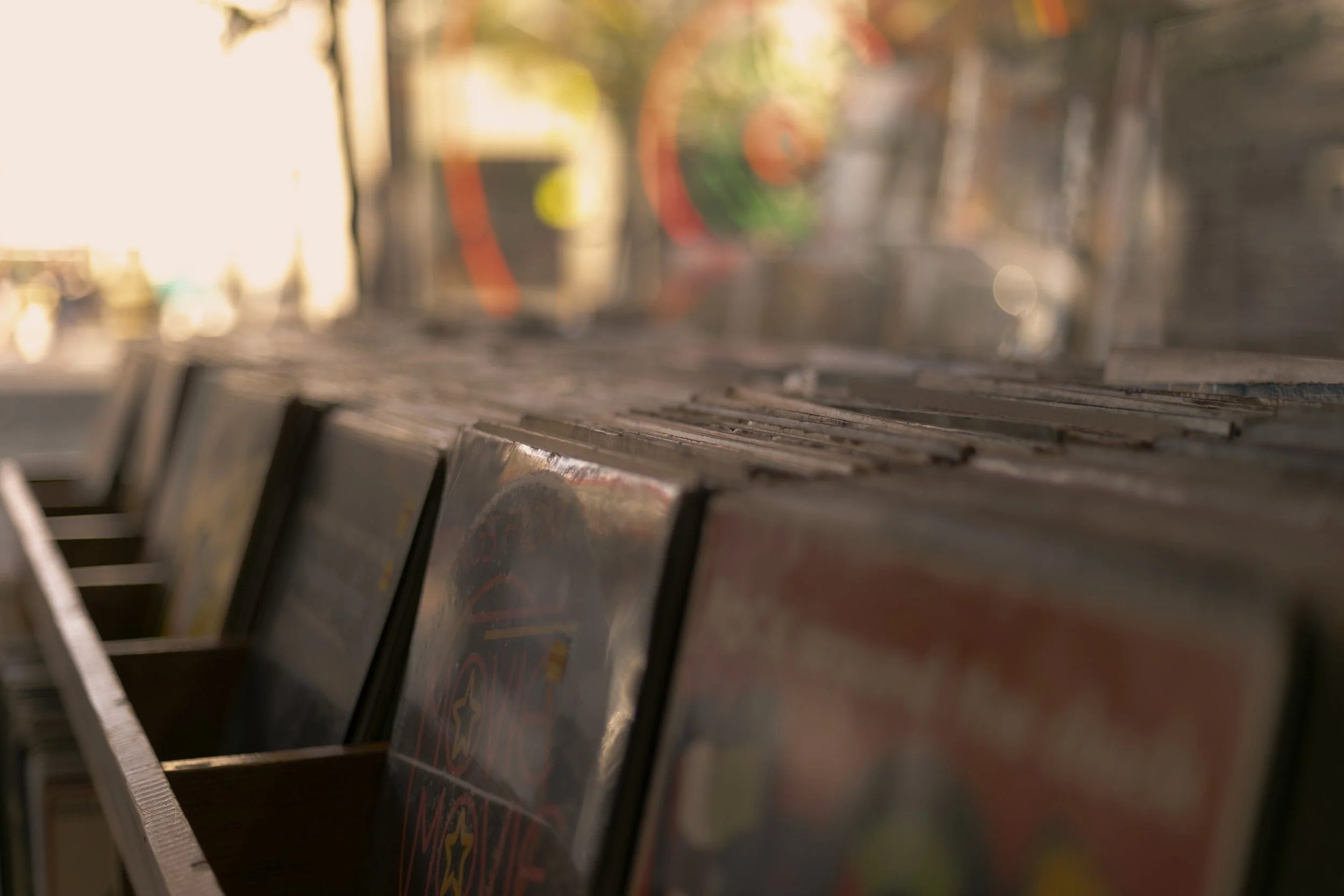
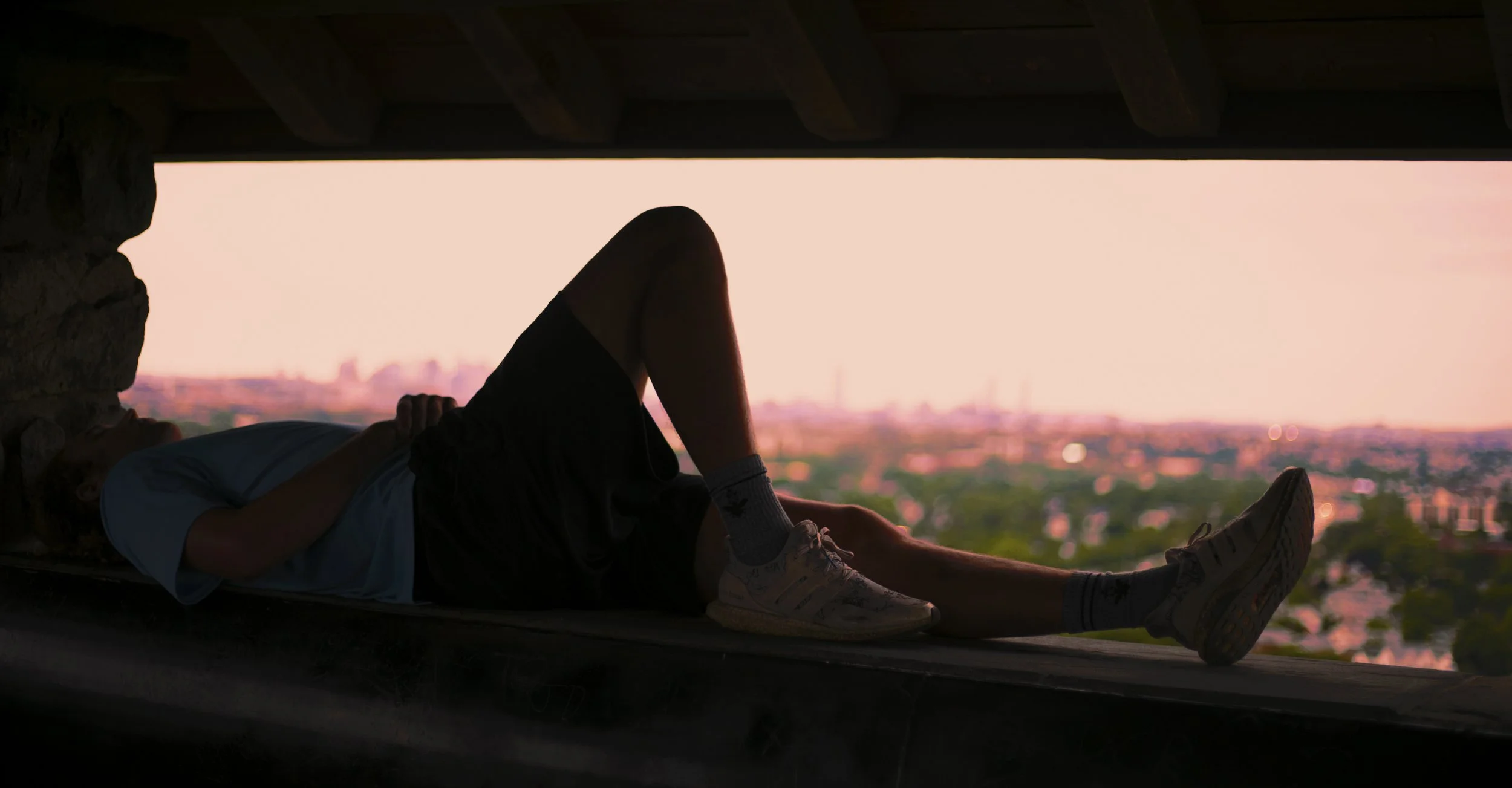
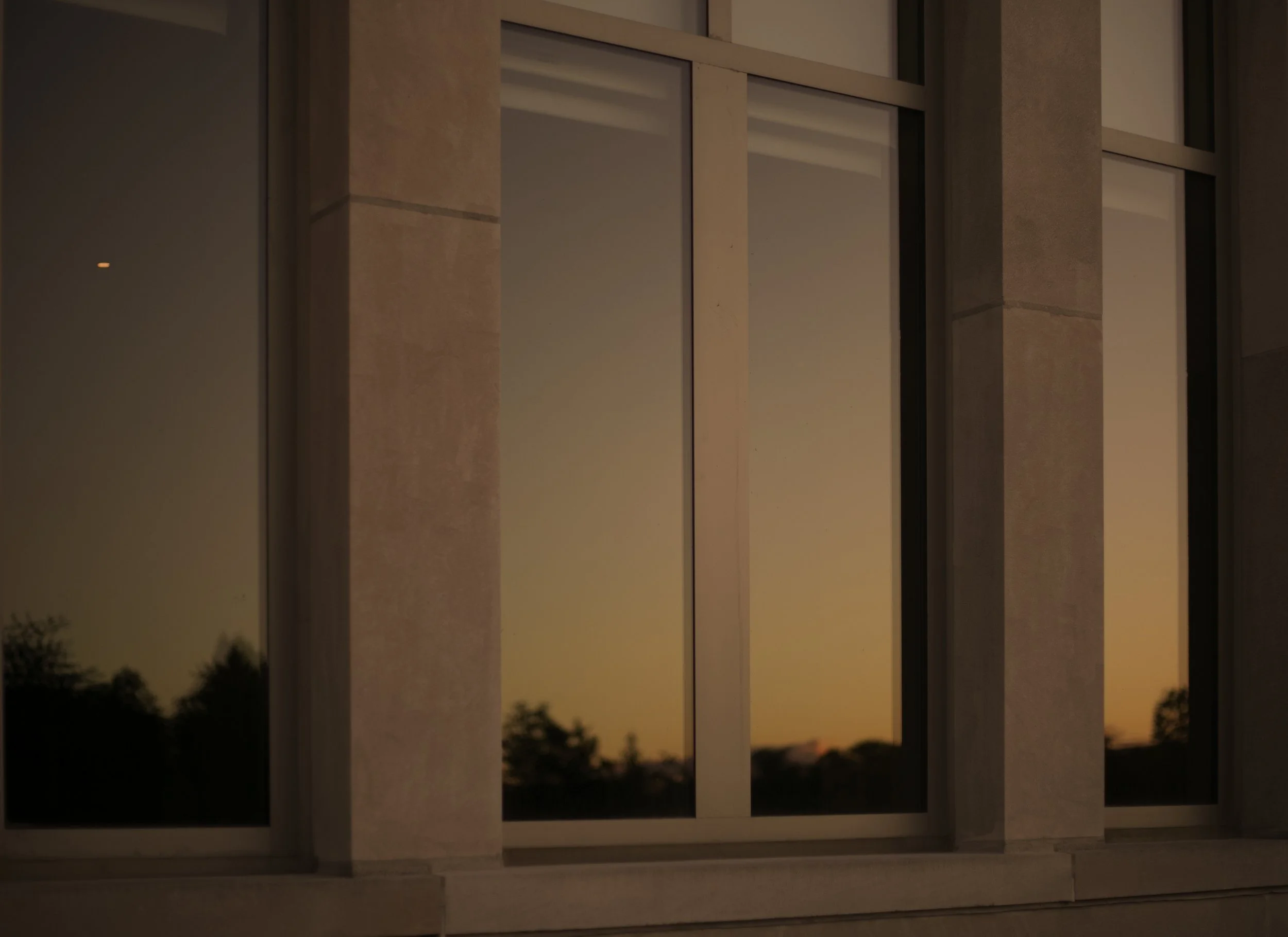
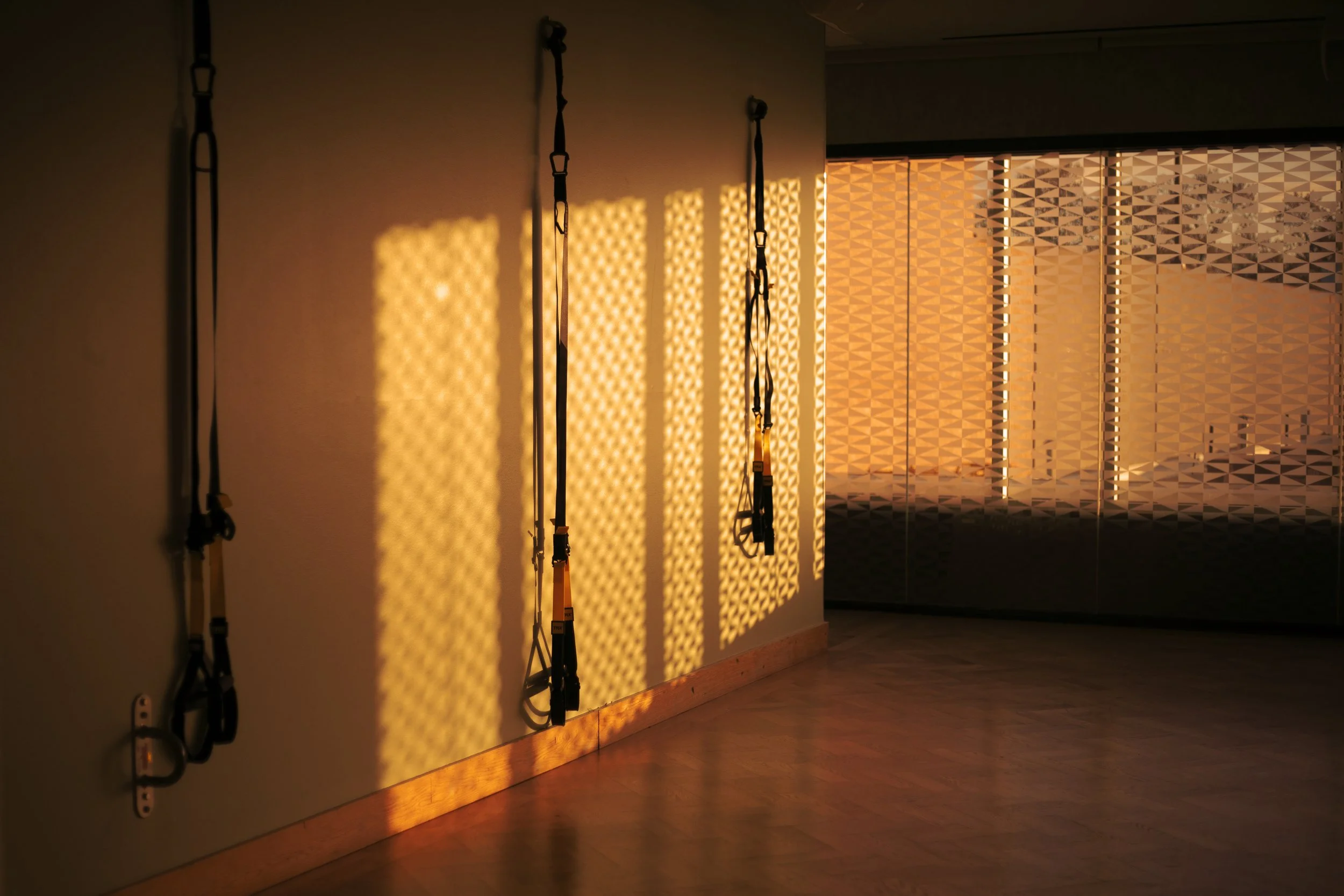

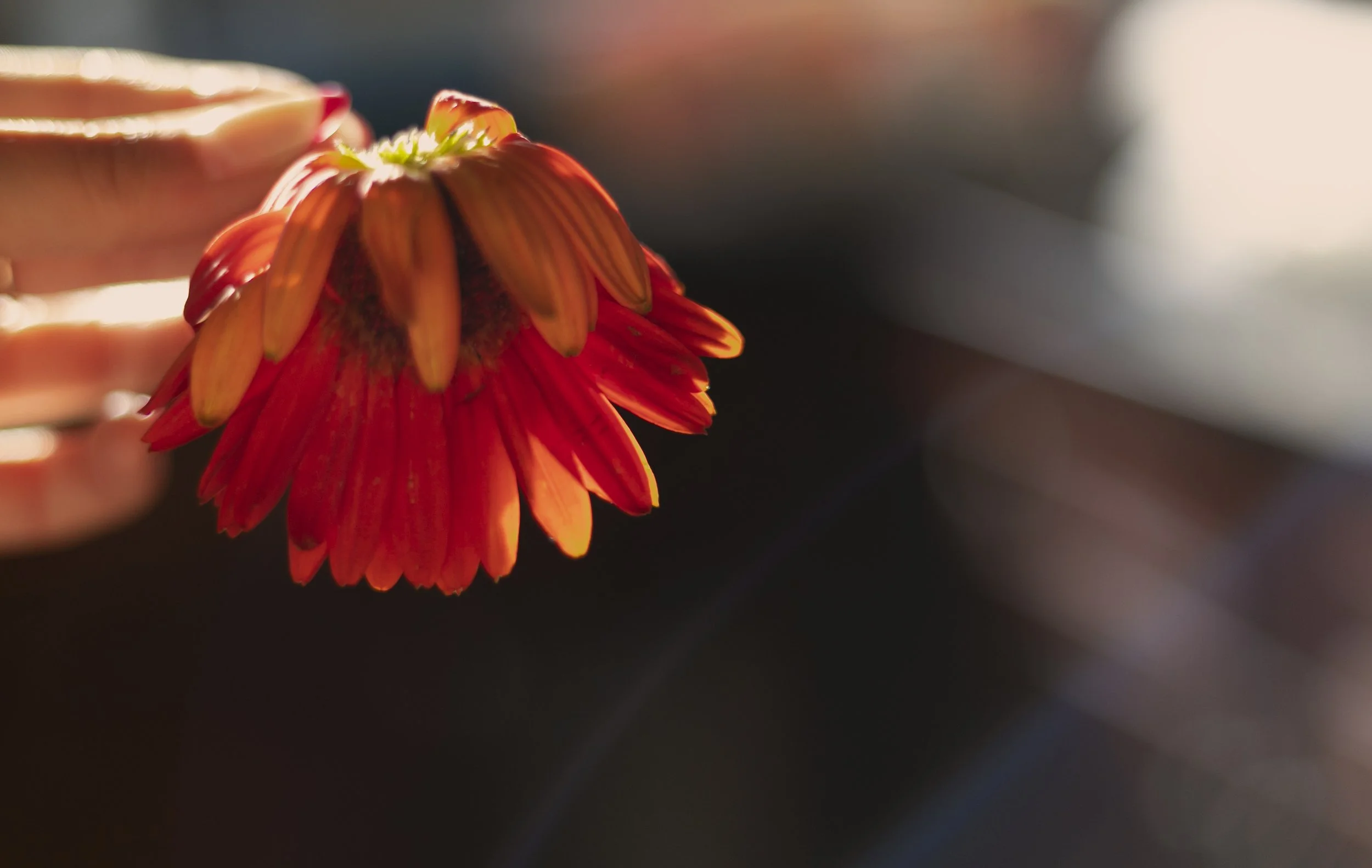
I don’t remember much from the two months I was sick. I was devastated all the time, I remember that. I desperately missed people and school and flowers, the warmth of baking bread and the saltiness that hangs in the air after a thunderstorm. But most of all, I craved light. Not the fluorescent stream of a lightbulb in my living room but the flickering gold of the sun to remind me that I was alive, and there, and present.
From a routine brimming with high energies and fast paces that took my health for granted, getting sick felt a whole lot like crashing down from the clouds. I thought that my life was only productive if I was constantly pressuring myself to be more, and it was incredibly imbalancing to consider that perhaps I couldn’t.
And I stopped eating altogether—with the exception of oranges. For some reason, all I wanted to eat were Cara Cara oranges, the ones tinted a deep, full-bodied coral and tasting markedly sweeter than your typical navel. When my wrists grew too weak to peel oranges anymore my father, a soft-spoken man busy keeping up with the tempo of his own life, slowed down to peel each one for me. Delicately, and expertly, making sure to strip the fruit of its white pulps knowing I couldn’t stand them. Divided in halves and carried to me on a small, brilliantly white ceramic plate.
I must have eaten 300 oranges in that time.
As I said, I don’t remember much. The memories that remain are faded glimmers in my subconscious threatening to vanish at any moment, as if toying with the idea of their own existence in history. These photographs are just as fleeting, an ephemeral rediscovery of what it means to me to be alive. All I have now is the exhaustion lingering phantom-like in my bones. I get glimpses of Marvel movies, mugs of tea with honey and orange peels, a red and gray checkered blanket, and the oranges. So many oranges.